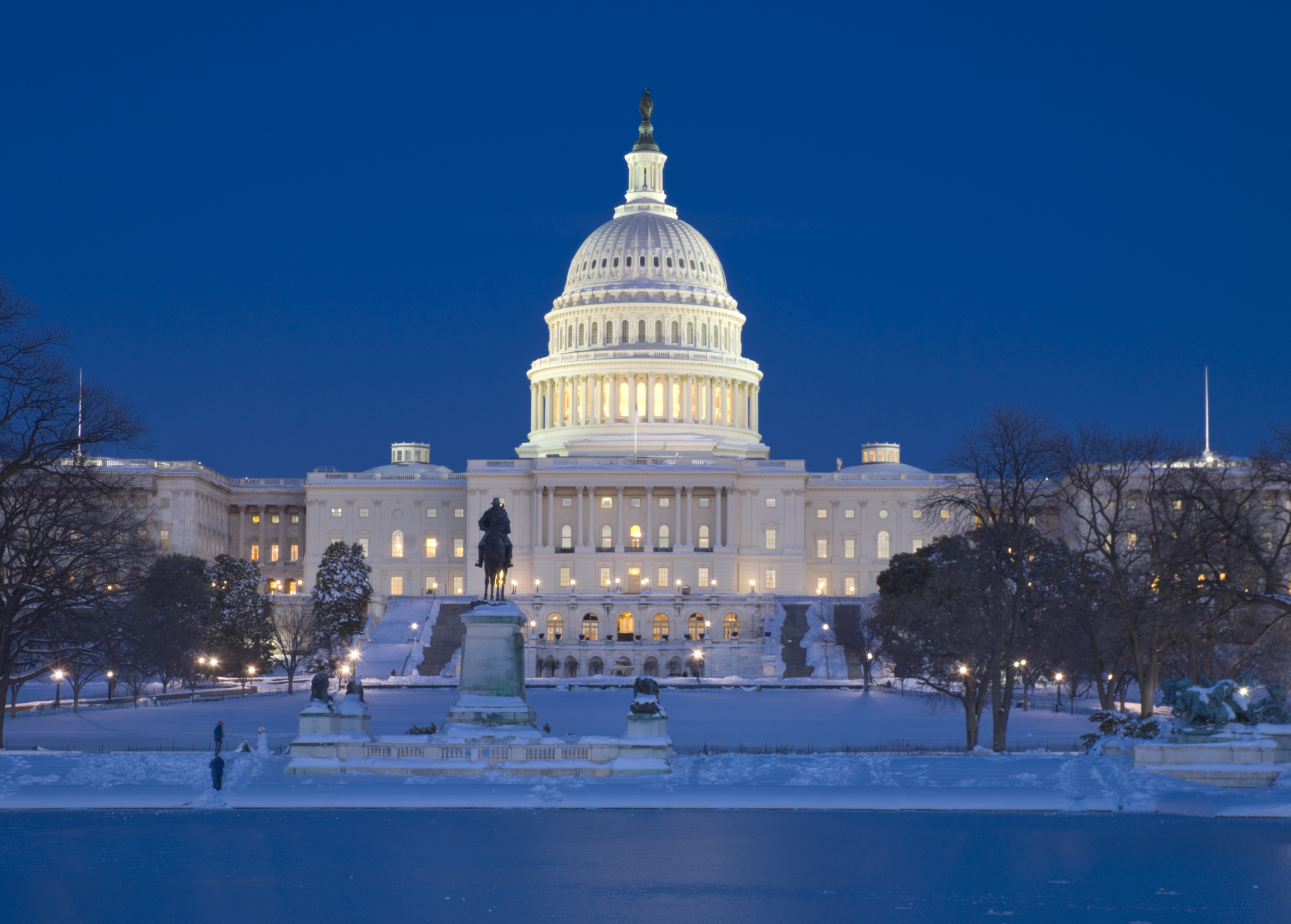
An appreciation of Peter Schuck’s recent book cataloguing government failures.
In so many ways Peter Schuck’s Why Government Fails So Often: And How It Can Do Better is an extraordinary book. It relies on extensive empirical evidence and covers a remarkable array of programs, from entitlements to regulation to provision of public services. There is hardly a book, article, or study on public policy, it seems, that Schuck has not read. Why Government Fails So Often is a book that could only be written by someone with a wealth of experience, both academic and practical.
The book’s range and detail allow the author to look at the problems that are endemic to government policymaking, not the result of particular contexts, flawed leaders, or mistaken judgments. Schuck makes extensive use of economic analysis without turning everything into a microeconomic issue. (As the old saying goes, “economists know the price of everything but the value of nothing.”) Perhaps most importantly, Schuck is neither an anti-government conservative intent upon showing that “nothing works,” nor a pro-government, anti-market liberal who looks at the policy world through rose-colored glasses. His book is, above all, a friendly warning to the left that poorly structured programs discredit government, squandering precious social resources and political capital.
Because this book is detailed, comprehensive, non-ideological, and suitably resistant to grand theories, it is not always an easy read nor is it easy to summarize. It does not offer a few simple rules, but instead provides a subtle education about a world of enormous diversity and complexity. In Democracy in America, Alexis de Tocqueville wrote that in our democratic age, “the taste for general ideas has become such a frenetic passion that one must satisfy it at every turn. Each morning on awakening I learn that someone has just discovered some general and eternal law that I had never heard spoken of until then.” Today, political science is awash in theoretical claims and innovations that fail to contribute in the slightest to the political education of citizens or leaders. Schuck does not succumb to this temptation. Politics, Max Weber reminded us, is the “strong and slow boring of hard boards.” It requires patience, discipline, and respect for particularity. It cannot be conquered by resort to simple, abstract ideas. The complexity of this book reflects the complexity of its subject matter.
Schuck begins the book by noting that most Americans—including a majority of Democrats—believe that the federal government performs most of its tasks very poorly. The result is the plummeting of trust in government with which we are all familiar. This should lead us to ask why a democracy that so distrusts centralized government and believes that government does in fact fail most of the time continues to add to the responsibility of that distrusted central government.
We allegedly live in an era of government “gridlock.” But consider the many ways in which the agenda of the federal government has grown even after Republicans captured the House in 2010: a major expansion of environmental regulation, most importantly controls on greenhouse gasses, but also expanded regulation of ozone and other ground-level pollutants; highly controversial federal rules on how colleges handle sexual harassment and sexual violence allegations; detailed federal guidelines on school discipline, assignment to Advanced Placement courses, and equalization of educational resources; significant movement toward adoption of a “common core” by state governments, a process that received a strong push from the Obama Administration’s Department of Education. Look back two more years and you will find the greatest expansion of federal control over health care and the most ambitious federal regulation of the financial sector in American history. As Schuck notes at one point in the book, nothing seems to succeed like failure.
How can we explain this odd but central fact of American politics? Key features of the American political system make it hard to design and carry out coherent public policies. The result is the “kludgeocracy” described by Steven Teles in his astute 2013 National Affairs article with that title. Schuck does not use Teles’ neologism, but he provides a vivid description of the phenomenon.
Too often overlooked by political scientists and political pundits is the fact that our political system not only produces convoluted, often ineffective policies, but also provides multiple opportunities for political parties, advocacy groups, and policy entrepreneurs inside government and out to add to the responsibilities of government. Every “veto point” that makes coalition-building and coherent policy-making difficult can also become an “opportunity point” for policy innovation.
Consider the examples cited above. Who created the evolving, massive regulation of greenhouse gasses? Not Congress. Rather it was the Environmental Protection Agency with a strong push from the Supreme Court. Who initiated sexual harassment guidelines? The Department of Education’s Office for Civil Rights, apparently with a strong push from the Vice President’s office. Who initiated the Common Core? Therein lies a mystery that can only be solved by a doctoral dissertation.
Poll after poll shows that although Americans distrust government, they want government to do more of almost everything. As Schuck notes, this is a relatively recent development. He follows James Q. Wilson in assigning central importance to the “lowering of the legitimacy barrier,” especially during the 1960s. As Wilson explained, our new expectations of government in general and the federal government in particular transformed our politics: “New programs need not await the advent of a crisis or an extraordinary majority, because no program is any longer ‘new’—it is seen, rather, as an extension, a modification, or an enlargement of something the government is already doing. . . . Since there is virtually nothing the government has not tried to do, there is little it cannot be asked to do.”
Democrats are right when they claim that most voters want more spending on education, more environmental protection, more restrictions on risk-taking by the financial sector, more protection against various forms of misfortune, and more assistance for the elderly, for the disabled, and for children living in poverty. Republicans are equally right when they claim that most voters also want lower taxes, less regulation, more individual freedom, and more aggressive measures against criminals and terrorists. Our fragmented political system makes it easy for our diverse citizenry to make such incompatible demands, and then blame the consequences on those damn politicians whom they keep electing. That is one of the most important reasons why, in the American-style democracy, government fails so often.
This essay is part of The Regulatory Review’s seven-part series, Is Government Prone to Fail?




